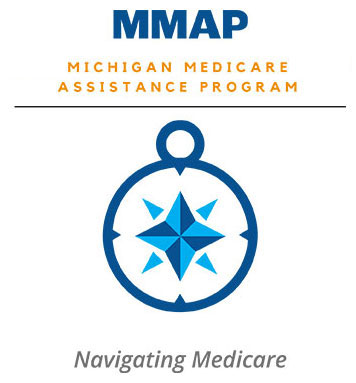| February 2, 2021 by Alison Barkoff, Acting Administrator and Assistant Secretary for Aging I am humbled and thrilled to have joined ACL on Inauguration Day as Principal Deputy Administrator and to serve as Acting Administrator and Assistant Secretary for Aging. I want to take this opportunity to introduce myself to ACL’s stakeholders and share some of the critical priorities where we have already begun focusing our work. ACL’s mission – supporting opportunities for community living and inclusion for all – has been my life’s mission. When my brother Evan was born with an intellectual disability more than 40 years ago, my parents rejected doctors’ recommendations to place him in an institution. Our family joined with other families and self-advocates to develop community services and supports and pass civil rights laws to ensure people with disabilities have the same opportunities as people without disabilities. Today, Evan lives independently with supports, works at a job in the community where he is a valued co-worker, and advocates for disability rights in his own state and nationwide. Fighting alongside Evan for him to be included, and seeing him thrive in the community, led me to become a civil rights lawyer. I have spent my entire career working in legal and policy advocacy, both inside and outside government, to create a world where every person – regardless of type or level of disability or age – has the opportunity to live and fully participate as a valued member of their community. It is an honor to join ACL to help lead the agency that serves as the federal focal point for community living and inclusion. ACL’s mission has always been important. But with COVID-19, our work has become literally a matter of life and death. What we do together has never been more urgent. It is our responsibility to make sure that the needs of older adults and people with disabilities are considered in the federal pandemic response. Our role has been, and will continue to be, crucial in: vaccine allocation and administration; protecting the lives of people with disabilities and older adults who live in congregate settings that put them at high risk; ensuring that older adults and people with disabilities are not discriminated against in getting lifesaving care; advocating for the needs of the workforce – including volunteers and families – who provides services and supports; helping people remain safely in, and transition back to, the community; and supporting our networks, which have not only innovated and persevered to continue providing critical services to millions of people, but also have found ways to expand services to meet the increased needs created by the pandemic. And that’s just a partial list! Clearly COVID-19 will be a critical focus for ACL and our programs for the foreseeable future. I next want to share a few of the other priorities that also will be threaded throughout our work: Stakeholder Engagement: Working with our networks and stakeholders is a top priority for me. As public servants, we work for the people. We cannot represent the interests of the disability and aging communities unless we regularly and actively engage with them to learn about their priorities and concerns. Building Equity: We will build a focus on equity into all we do. Older adults and people with disabilities from underrepresented and underserved communities must be at the table, informing our work. Together we can begin to address the long-standing barriers faced by people with disabilities and older adults, especially people from communities of color and others who are multiply marginalized. I am thrilled that Reyma McCoy McDeid, who is nationally known for her work to address systemic disparities, has joined ACL as the Commissioner of the Administration on Disabilities to help lead our efforts to address equity. One ACL: The disability and aging communities have a larger voice, more influence and ultimately are more successful advocates when we work together to advance shared interests. We already are collaborating on a range of priorities – from the recent reauthorization of Money Follows the Person and the HCBS Spousal Impoverishment Protections, to COVID-19 relief advocacy, to supporting family caregivers and strengthening the direct care workforce. At ACL, we are committed to finding every opportunity to join forces on the issues that affect both older adults and people with disabilities. At the same time, our work will continue to recognize that there are distinct programs and unique needs and issues for the two populations. We will continue to advocate on behalf of the two groups individually, as well. Interagency Collaboration: Community inclusion is a cross-cutting endeavor. It involves access to services and supports, protecting rights and preventing abuse, housing, transportation, employment, and more. For the federal government, that means “disability” and “aging” can’t be siloed in one agency or even one department. We must work with our federal partners within HHS, as well as with the Departments of Justice, Housing and Urban Development, Labor, Veterans Affairs, Education, and others. A priority for ACL will be strengthening those collaborations so we can support and align community living policies, programs, and research across the government. We have come a long way, and community living is increasingly the expectation, not the exception. However, we all know there is still a long way to go to achieve our vision, in which all people, regardless of age or disability, live with dignity, make their own choices, and participate fully in society. I am honored to be working alongside the exceptionally dedicated professionals and self-advocates throughout our networks, across the government, and within ACL to make that vision a reality. Alison Barkoff was sworn in as ACL’s Principal Deputy Administrator on January 20, 2021, and currently serves as ACL’s Acting Administrator and Assistant Secretary for Aging. |

Get help with your Medicare Plan now. Call 1-800-803-7174 or click >>